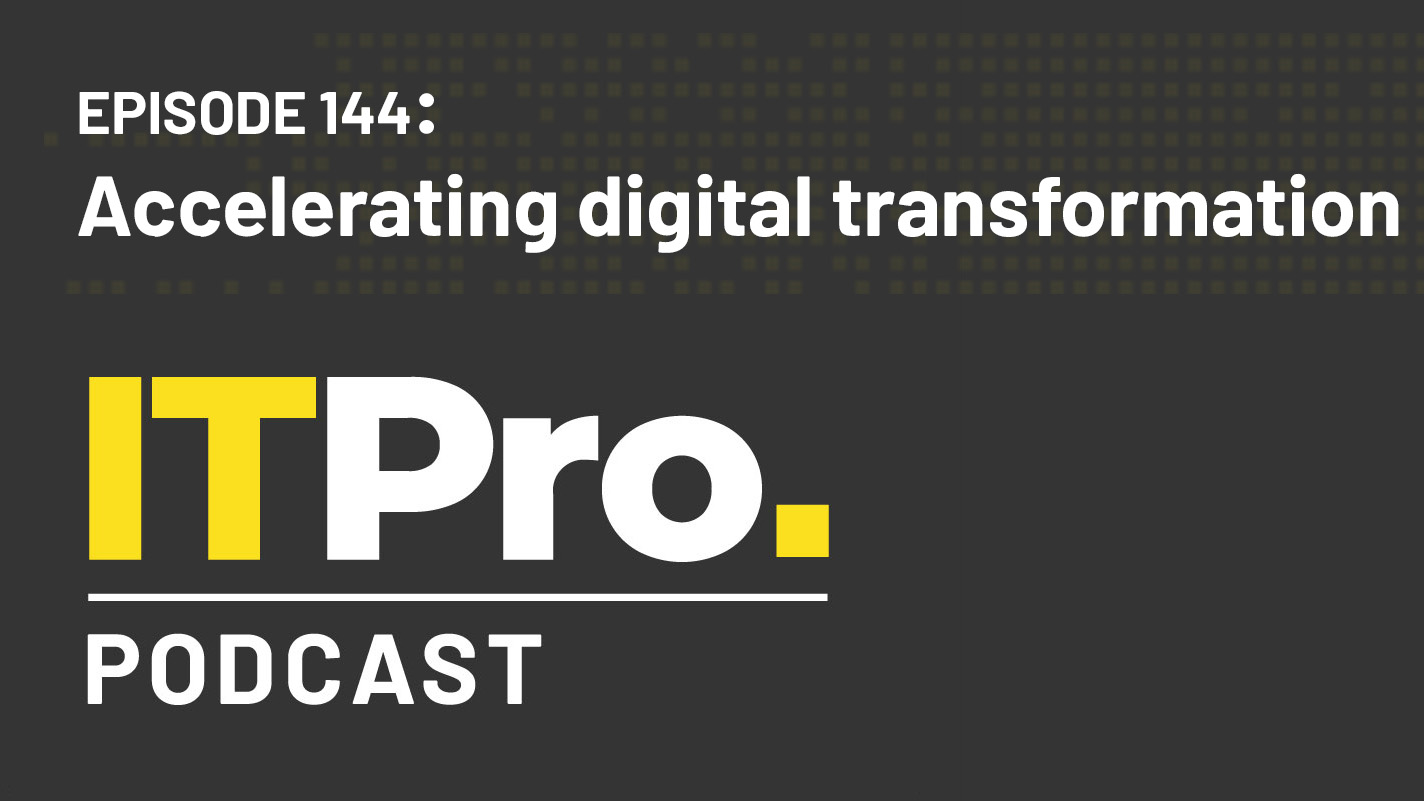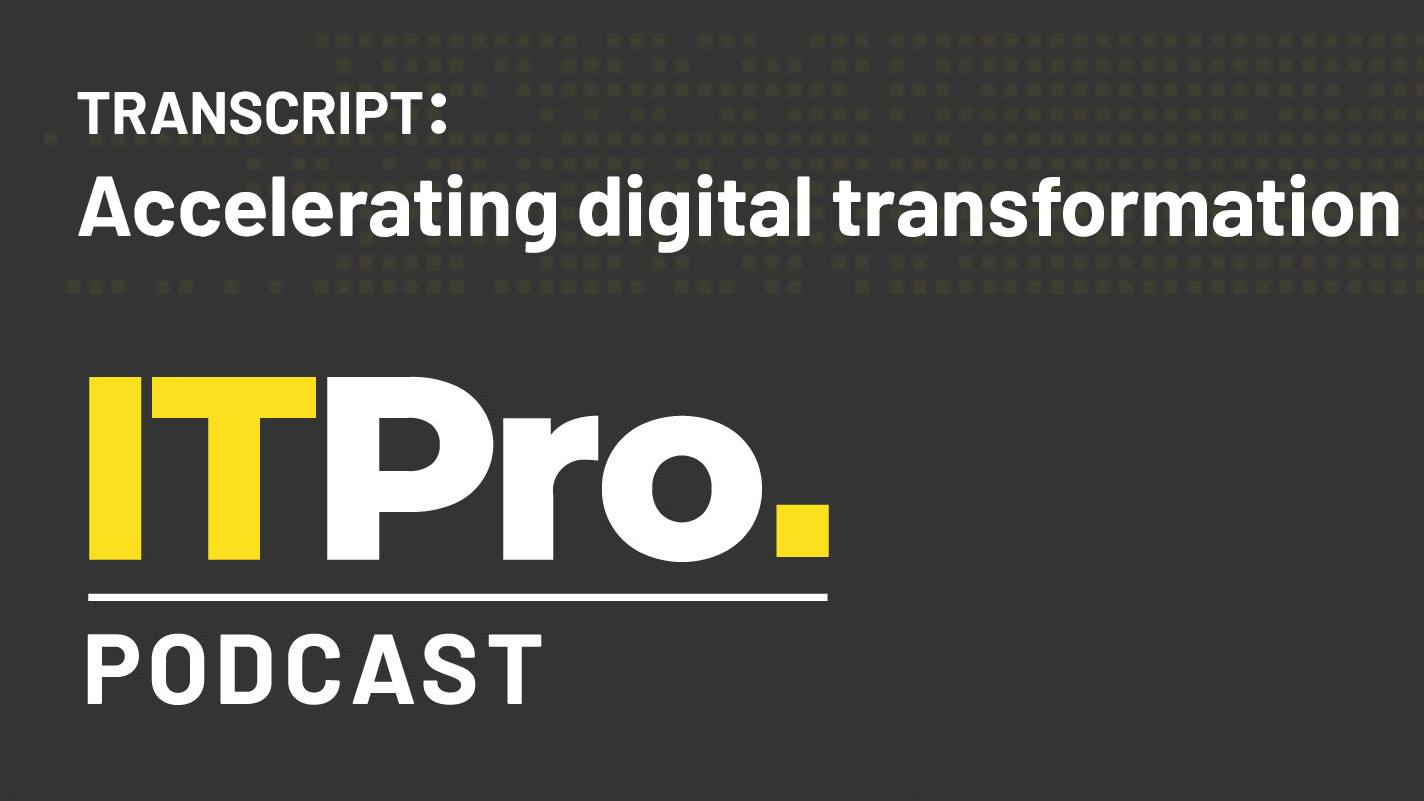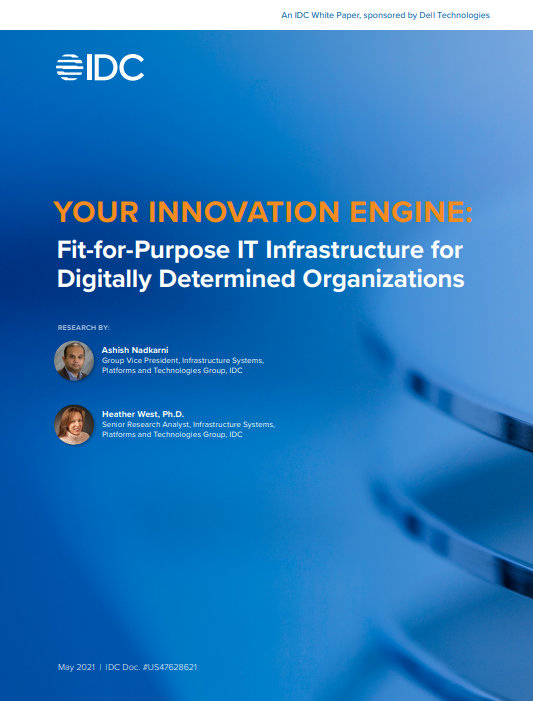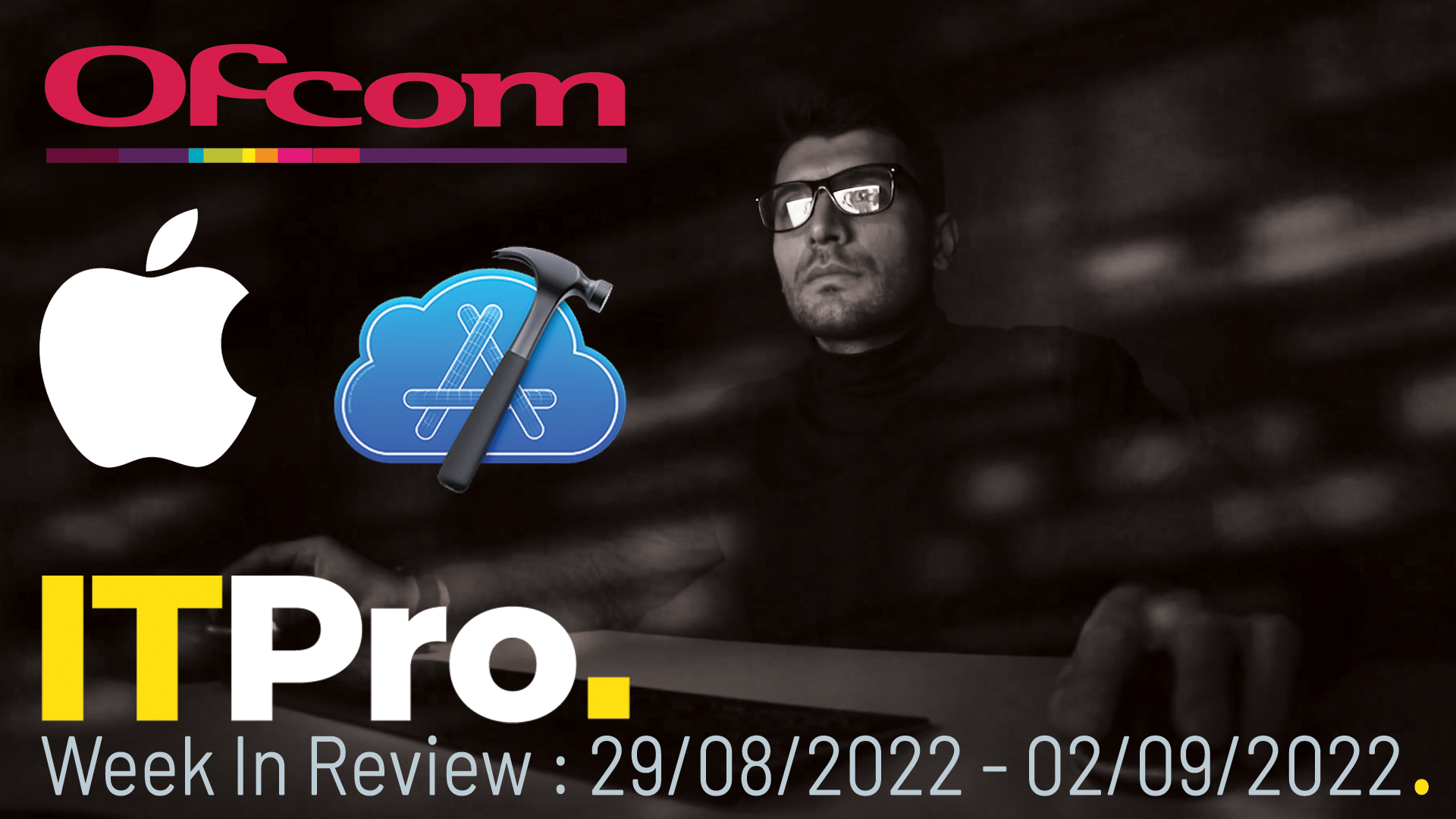CLA CIO Adam Sewell on selecting Microsoft Azure for ‘contractual reasons’
Cloud has brought issues with contracts, terminology and skills, says Sewell

The Copyright Licensing Agency's (CLA) CIO Adam Sewell made the decision to go with Microsoft Azure as its cloud computing platform ahead of other cloud vendors such as Amazon Web Services (AWS) for "contractual reasons".
Sewell explains that, at the time when he was looking into a cloud provider, he found that "there were some elements that you'd expect in a contract that you'd get with Microsoft that you don't get with other leading cloud vendors".
He explained that the organisation was working with a development partner at the time who was implementing a solution for CLA, and it suggested using AWS.
"I sat down and read their terms for cloud services and did the same for Microsoft and a few other public cloud providers and I came to the conclusion that the one we could safely sign up for was a Microsoft contract," he explains.
Although Sewell declined to go into further detail about the specifics, he says that some of the contracts were worrying, particularly for small companies as they wouldn't be able to ask these major cloud companies to request changes to the default terms.
"A lot of people feel like they're stuck with [those terms], and therefore they've gone ahead and signed up for it without reading the small print and there are some real risks in doing that," he says.
Big changes
Get the ITPro daily newsletter
Sign up today and you will receive a free copy of our Future Focus 2025 report - the leading guidance on AI, cybersecurity and other IT challenges as per 700+ senior executives
CLA has just completed a new three-year IT strategy document which is aligned to its corporate objectives. It should build on what the organisation has achieved over the last few years.
This includes the launch of a new product called the Digital Content Store which more than 65 High Education institutions have signed up to, with 900,000-plus downloads of content from students.
"This product has really helped those institutions that have adopted it by simplifying the creation of digital course packs while reducing the administrative burden associated with our licences in that sector," Sewell explains.
The agency has also implemented UC-as-a-service, with its telephony being provided through the cloud-hosted Skype for Business product.
Sewell states that the organisation is a heavy user of cloud it even developed its own product a few years ago which was built on Azure Platform-as-a-Service (PaaS).
And, partly because of the heavy use of cloud, Sewell says one of his biggest frustrations is the overuse of the word cloud'.
"I think it's very frustrating that so many people working in IT refer to cloud when something is simply not hosted within their office. Vendors are just as guilty they call everything a cloud-based solution'," he states.
And his issues with the term cloud' don't stop there.
"We certainly found trying to recruit people with cloud experience is the biggest challenge. My frustration is that anybody can stick cloud' on their CV but when you ask them in an interview about their experience, they say they've used Office 365 or Salesforce," he says.
"While it is software-as-a-service (SaaS), and is cloud computing, it's not the same as having experience of supporting critical applications running on critical platforms," he adds.
Business analysts are also hard to recruit, Sewell says, and the challenge of recruiting the right people is getting harder particularly with banks being able to lure candidates with big pay packages.
Safety first
The CLA has a lot of data about the 10 million-plus publications that are covered under its licences. It has tools to allow its customers to see whether they can copy anything over from any particular title and it also captures data about usage of those titles.
"As a company it's really important that we distribute money to the right people, paying the correct royalties to reflect the use of their work is really important," he says.
"Because we capture so much data across different sectors that we license, the way that data is captured varies considerably, so it's key to ensure we can capture and analyse all of that as efficiently as possible so we maximise the return back to the rights holders," he adds.
Sewell says the likes of AI and the IoT may well be areas that CLA could use in the future but for now he is focused on ensuring the company will be fully compliant with the EU General Data Protection Regulations (GDPR).
"With the GDPR regulations coming in April 2018 there are big implications of how companies use data and CLA is focused on this," he says, adding that new technologies have to be fit in with the new legislation and vice versa.
But making sure CLA is fully compliant isn't just something that needs to be looked at from an IT perspective, Sewell emphasises.
"People across the business have to understand the implications of it what they can and can't do. It's going to be very different to today because of the huge fines if you breach legislation," he states.
He adds that a recent story which said that more than half of UK businesses were not prepared for GDPR didn't surprise him.
"There are implications across so many different systems about how organisations capture and use data; if organisations are not looking at this today, they will struggle to be prepared by April next year," he says.
-
 Cleo attack victim list grows as Hertz confirms customer data stolen
Cleo attack victim list grows as Hertz confirms customer data stolenNews Hertz has confirmed it suffered a data breach as a result of the Cleo zero-day vulnerability in late 2024, with the car rental giant warning that customer data was stolen.
By Ross Kelly
-
 Lateral moves in tech: Why leaders should support employee mobility
Lateral moves in tech: Why leaders should support employee mobilityIn-depth Encouraging staff to switch roles can have long-term benefits for skills in the tech sector
By Keri Allan
-
 Protecting CIOs' IT budgets is "paramount" in maintaining business growth
Protecting CIOs' IT budgets is "paramount" in maintaining business growthNews If CIOs are forced to make emergency budget cuts, they should also explain the risks to high level stakeholders so the responsibility is shared
By Zach Marzouk
-
 The IT Pro Podcast: Accelerating digital transformation
The IT Pro Podcast: Accelerating digital transformationIT Pro Podcast Implementation is just as important as the value of change
By IT Pro
-
 Podcast transcript: Accelerating digital transformation
Podcast transcript: Accelerating digital transformationIT Pro Podcast Read the full transcript for this episode of the IT Pro Podcast
By IT Pro
-
 Truss seeks last-ditch SoftBank meeting over Arm IPO
Truss seeks last-ditch SoftBank meeting over Arm IPONews Gov said to want a dual New York-London listing, at the very least
By Bobby Hellard
-
 Fit-for-purpose IT infrastructure for digitally determined organisations
Fit-for-purpose IT infrastructure for digitally determined organisationsWhitepaper Your innovation engine: Guiding organisations through change in the new digital economy
By ITPro
-
 IT Pro News in Review: CIOs face a challenge, Ofcom's telecom fines, Apple expands Xcode
IT Pro News in Review: CIOs face a challenge, Ofcom's telecom fines, Apple expands XcodeVideo Catch up on the biggest headlines of the week in just two minutes
By IT Pro
-
 CIO role has 'drastically changed' over last 24 months, says Lenovo
CIO role has 'drastically changed' over last 24 months, says LenovoNews Globally survey suggests chief information officers have greater influence over their company now the role has expanded beyond technology
By Bobby Hellard
-
 How can CIOs help to close the tech skills gap?
How can CIOs help to close the tech skills gap?In-depth The most well-equipped IT leaders can take a number of practical steps to close the divide within their organisations
By Rene Millman